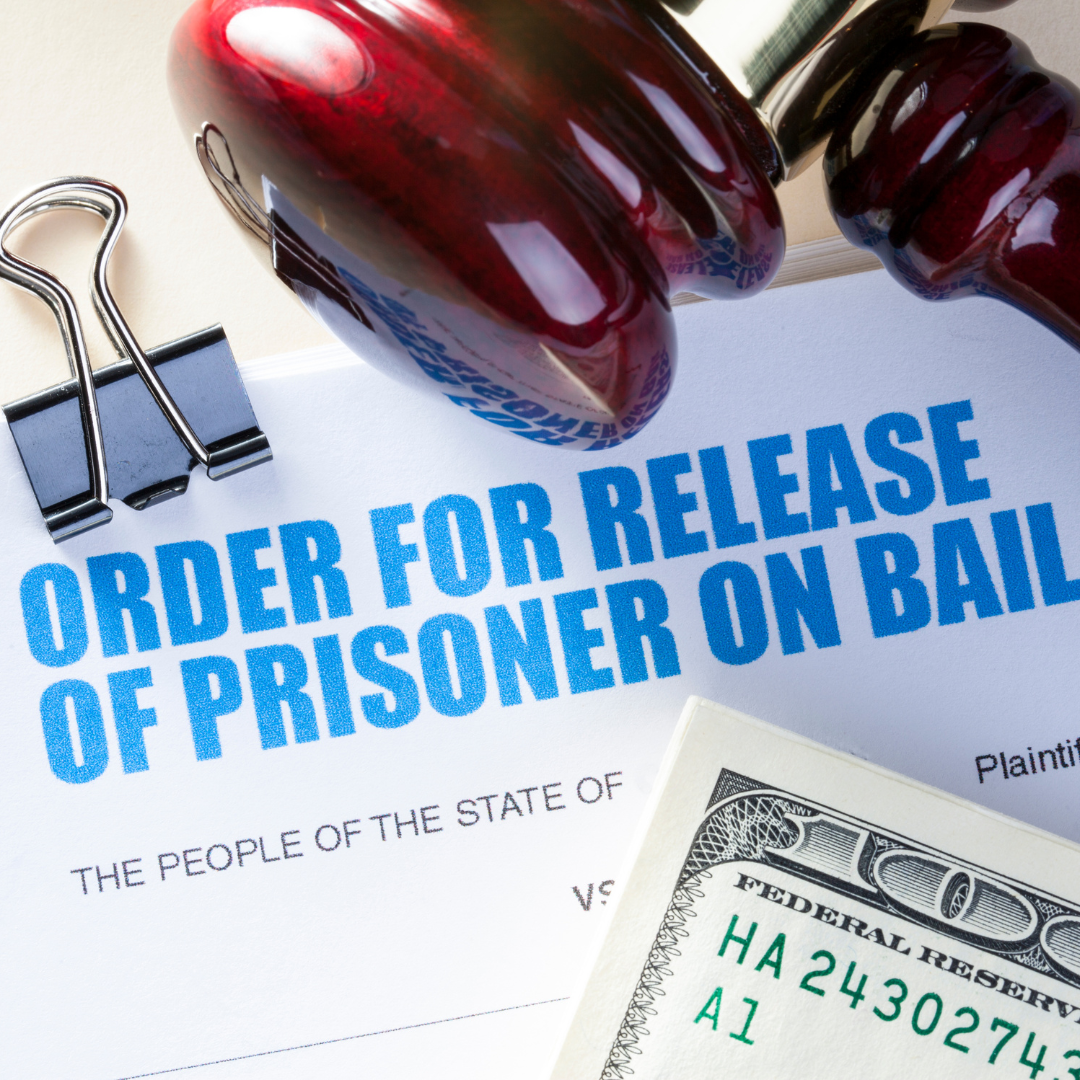
Facing arrest and detention is frightening for most people. The most frightening part about being arrested is not knowing what to expect. Understanding how bail is set and, if your loved one has been arrested, how to get someone out of jail, is vital. In this blog post, we will delve into the bail process in Dallas, exploring how it works, factors that influence bail amounts, types of bail, and alternatives to bail.
Understanding Bail
Bail is a financial arrangement that allows individuals accused of a crime to be released from custody while they await their trial. It serves as a guarantee that the defendant will return to court for their scheduled appearances.
The bail process typically involves several key steps:
- Arrest: When a person is arrested, they are taken into custody by law enforcement officers. This is the first step in the criminal justice process.
- Booking: The arrested person’s personal information is recorded, and they are fingerprinted and photographed. This information is used for identification and future reference. In Dallas, it can take 4-6 hours from the time of arrest before a person is fully booked in to the Dallas County jail (or other city jails).
- Arraignment: After the booking process, the accused is brought before a judge for their arraignment. During this appearance, the judge will set bail if it is deemed appropriate.
- Bail Amount Determination: The judge considers various factors when setting bail, including the severity of the charges, the defendant’s criminal history, ties to the community, the defendant’s ability to pay bail ,and the potential flight risk.
Factors Influencing Bail Amounts
Several factors can influence the amount of bail set for an individual:
- Nature and Severity of the Charges: More serious offenses often result in higher bail amounts. Crimes that involve violence or pose a significant threat to public safety may lead to higher bails.
- Criminal History: A defendant’s prior criminal record can influence their bail amount.
- Flight Risk: Judges consider whether the defendant is likely to flee the area or fail to appear in court. Those with a history of missed court appearances and those who have had a previous probation revoked may face higher bail amounts.
- Community Ties: A defendant’s ties to the community, such as employment, family, and residence, are considered when setting bail. Strong community ties can be a factor in favor of lower bail.
Types of Bail
There are two different types of bail bonds set by a judge: cash bonds and surety bonds. Most times, the judge will set a bond as a cash or surety bond (meaning the person can post either a cash or surety bond). A cash bond means that you pay 100% of the bond amount set. For example, if the judge sets the bond at $10,000, a cash bond would require a full $10,000 to be deposited directly to the county bail office. The downside of a cash bond is that it’s more expensive than a surety bond. The upside of a cash bond is
1) you don’t have to report to a bondsman (bondsmen frequently require regular checkins which are sometimes in person), and
2) as long as you don’t violate the conditions of your bond such that your bond is revoked, you get all your bond money back (minus a $50 processing fee) when your case is resolved. On the other hand, a surety bond means going through a bondsman. This includes having an attorney post bond for you. The upside of a surety bond is that you pay substantially less money (typically 10% of the bond amount). The downside is that at the end of your case, unlike a cash bond, you’re not going to get any of the money your paid the bondsman back.
Alternatives to Bail
While bail is the most common method of securing a defendant’s release, there are alternatives that may be available:
- Personal Recognizance (PR) Bonds: In some cases, a judge may release a defendant on their own recognizance, meaning they are released without having to pay bail, but they must promise to appear in court.
- Nonprofit Bail Funds: Some nonprofit organizations in Dallas provide financial assistance to low-income individuals who cannot afford bail. These organizations help reduce the financial burden of bail for those who cannot afford it.
Navigating the bail process in Dallas can be complex, but understanding how it works and the factors that influence bail amounts can help individuals and their families make informed decisions. It’s essential to explore alternatives to bail if traditional bail is unaffordable or unavailable. And most importantly, if you can only afford to post bail or hire a good attorney – you should hire a good attorney every time. It’s hard to sit in jail but getting out of jail only to have bad representation leading to a bad result is even worse!
We will provide you with legal expertise, protect your rights, and work tirelessly to achieve the best possible outcome for your case. If you or someone you know is facing a criminal charge in Dallas, do not hesitate to seek legal counsel and secure the support you need during this difficult time.
Remember, staying informed and having professional legal support can help you navigate the legal process with confidence.
View All Blogs




